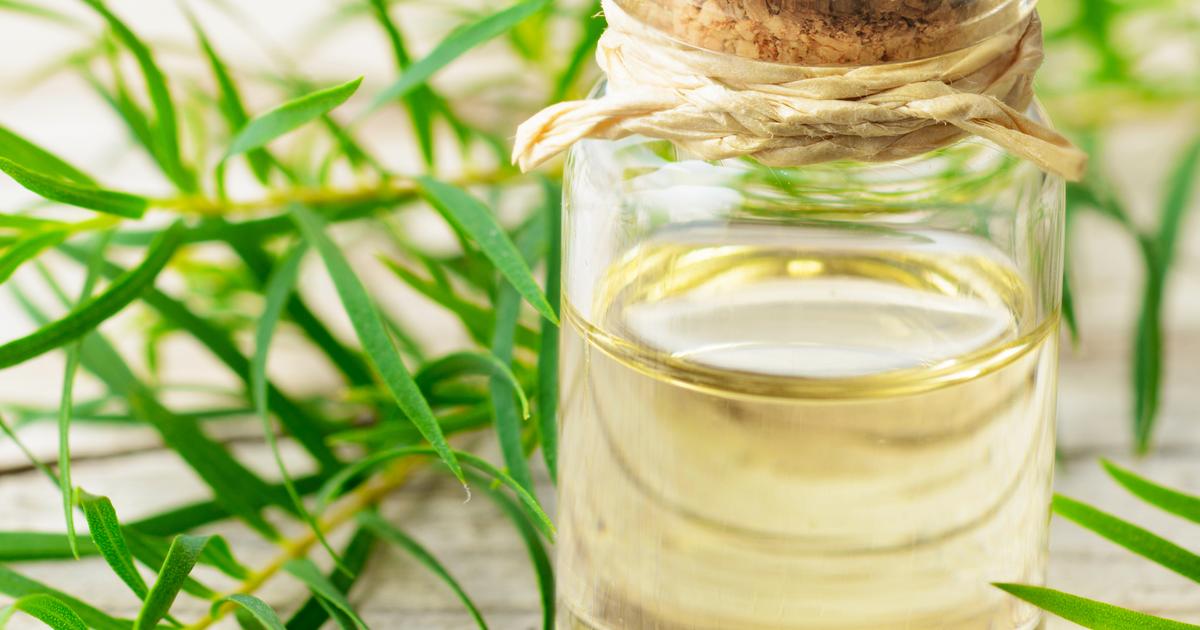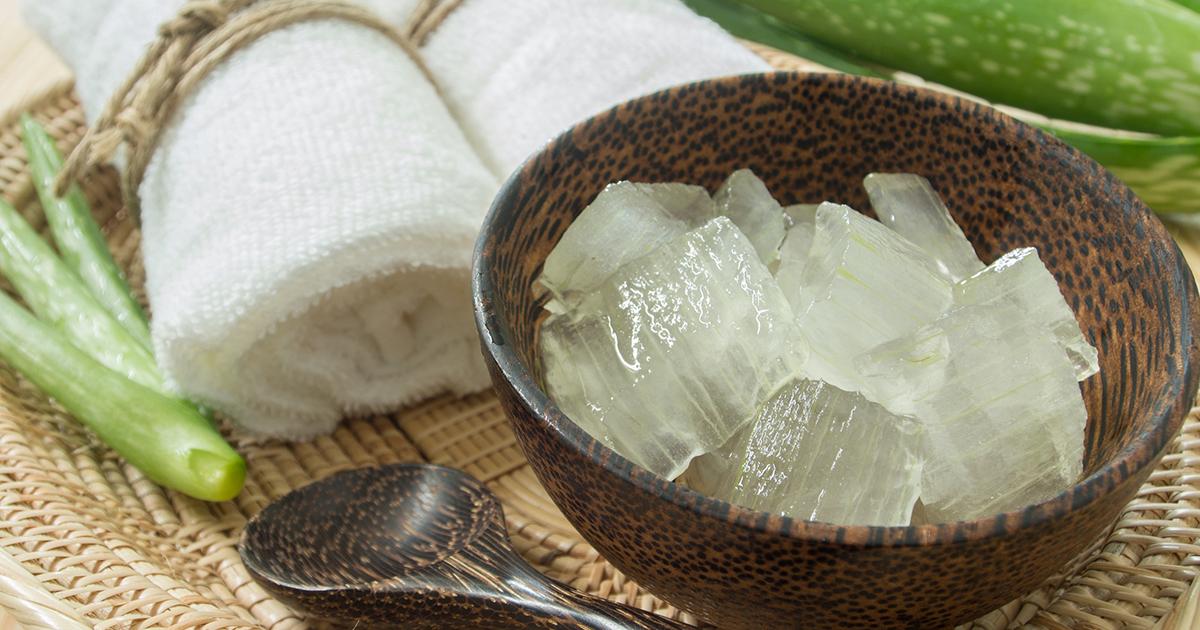Amazing Natural Remedies For Scalp Eczema
When the scalp becomes itchy, red, and irritated, this is a medical issue often known as scalp eczema, which can cause the flaking known as dandruff. While dandruff does not always indicate an individual has scalp eczema, it often is if they appear to have a significant amount that does not go away even with good hygiene. There are other skin conditions like rosacea and psoriasis that can cause similar symptoms. Patches of skin affected by eczema might be scaly and red, flaking, itchy, waxy, or greasy. There may be a burning sensation, and some patches might have lesions that ooze clear discharge. After healing, the skin can sometimes scar or change colors.
The good news is, many cases of scalp eczema can be treated with simple home remedies. Get to know the most common ones now.
Aloe Vera
Aloe vera has strong anti-inflammatory properties that can help soothe skin conditions, most commonly sunburns. However, aloe vera can also help with cases of scalp eczema, including seborrheic dermatitis, a form of the condition that causes red and scaly patches. When an individual does have flareups, aloe vera extract can help lessen the flareup severity. There are seventy-five components of the plant that are potentially active in healing. Antioxidants in the plant include vitamins E, C, and A. Other vitamins are choline, folic acid, and vitamin B12. There are also eight enzymes, and one of these, bradykinase, can reduce inflammation when applied directly to the skin, including when it is due to cases of scalp eczema.
Keep reading to learn more about natural methods of treating scalp eczema now.
Tea Tree Oil

Tea tree oil has anti-inflammatory, antifungal, and antibacterial properties, and these make it quite effective at treating scalp eczema and similar skin conditions. Because of how strong the oil is, individuals will need to dilute it in another oil before applying it. Some experts recommend using tea tree oil diluted in olive oil or coconut oil. If individuals don't want to apply other oils to their skin, they can also dilute tea tree oil in water. Doing so can help reduce the itchiness caused by scalp eczema, and it also helps promote healing of the scaly skin patches.
Terpinen-4-ol is an anti-inflammatory compound found in tea tree oil, and it reduces redness and swelling. Some research indicates it speeds wound healing and reduces allergic reactions in individuals with skin allergies. Dandruff can sometimes be caused by excess fungus on the scalp, and while some fungus is necessary for hair health, the antifungal properties of tea tree oil can help keep excess fungus from forming.
Uncover more natural remedies for scalp eczema now.
